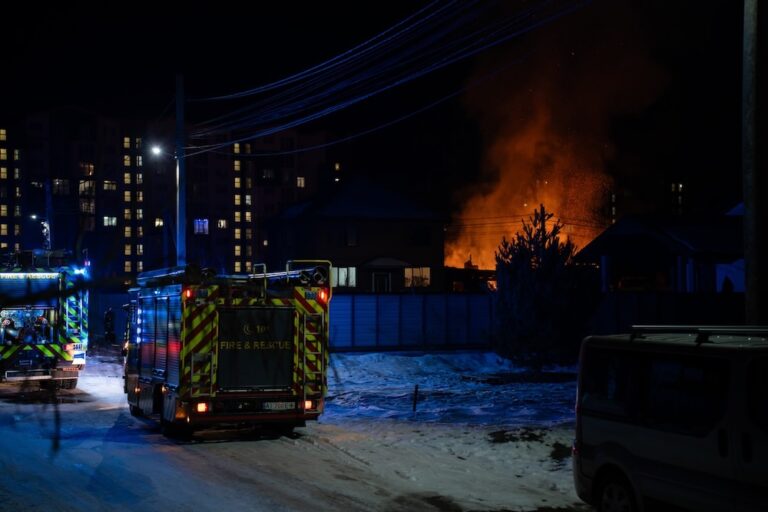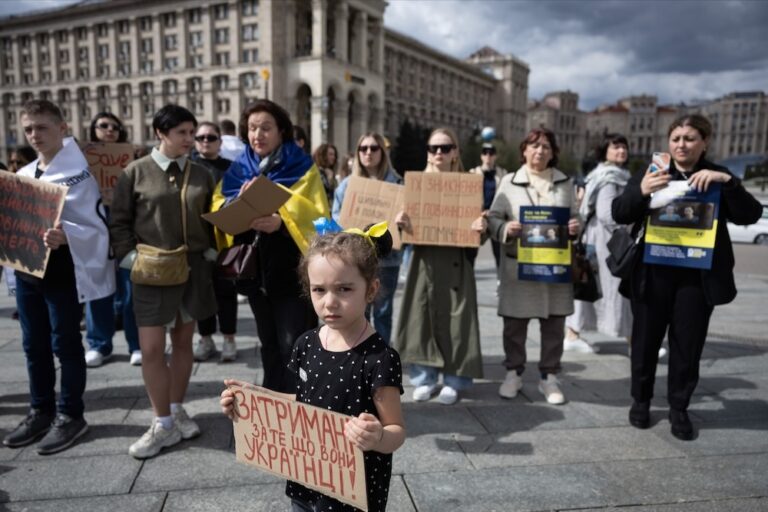If the authorities decide, using very vague criteria, that a website has "extremist" content, the site will be given three days to remove it. If it fails to comply, it will be sent two further warnings and then it will be closed down.
(RSF/IFEX) – 28 October 2011 – Reporters Without Borders condemns plans by Roskomnadzor, Russia’s federal supervisory agency for communications, information technology and mass media, to use search software to track down “extremist” content on the Internet. The agency is currently testing the software and intends to start using it in December.
When Roskomnadzor’s software, using very vague criteria, decides that a website has “extremist” content, the site will be given three days to remove it. If it fails to comply, it will be sent two further warnings and then it will be closed down.
In a separate development, the justice ministry has announced a contest for the design of software that it could use for scanning and monitoring Internet content. It would scan for anything posted online about the Russian government and judicial system, and any European Union statement concerning Russia.
“Our main concern is Roskomnadzor’s very broad definition of ‘extremist’ content and the arbitrary and disproportionate nature of the sanctions, that can include website closure,” Reporters Without Borders said. “The creation of this software will establish a generalized system of surveillance of the Russian Internet that could eventually lead to the withdrawal of all content that troubles the authorities. It will inevitably restrict the free flow of information.”
Russia has just celebrated its fourth annual “Russian Internet Week,” but a number of recent incidents confirm that the withdrawal of content at the behest of the authorities poses a serious threat to the Russian Internet.
The Roskomnadzor office in the Siberian city of Tomsk recently pressured the TV-2 regional television station to stop retransmitting two news programmes produced by Dojd, Russia’s first Web TV, whose content is very critical of the authorities. The official grounds were that TV-2’s licence does not allow it to “broadcast programmes of another media.”
But TV-2 new editor Viktor Muchnik said nothing stops the station from buying and broadcasting other content. “The complaint is legally without foundation and we intend to challenge it in the courts,” he said. The station is facing a possible fine or withdrawal of its licence.
On 23 October, TV host Kseniya Sobchak posted a video of Vasiliy Yakemenko, the head of the Federal Youth Agency and leader of the pro-Kremlin “Nashi” movement, that showed him dining in one of Moscow’s most luxurious restaurants. It prompted a lot of criticism.


